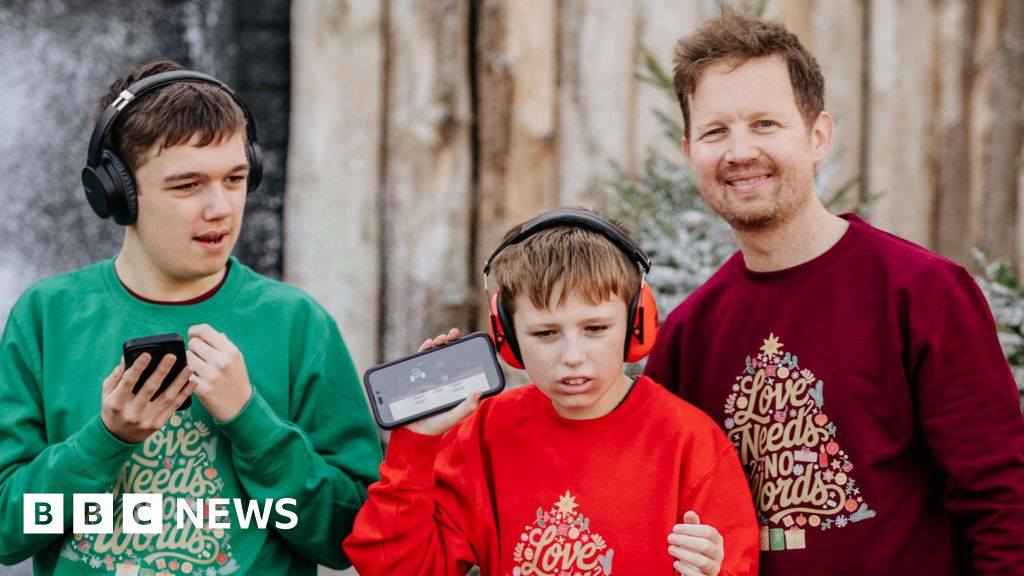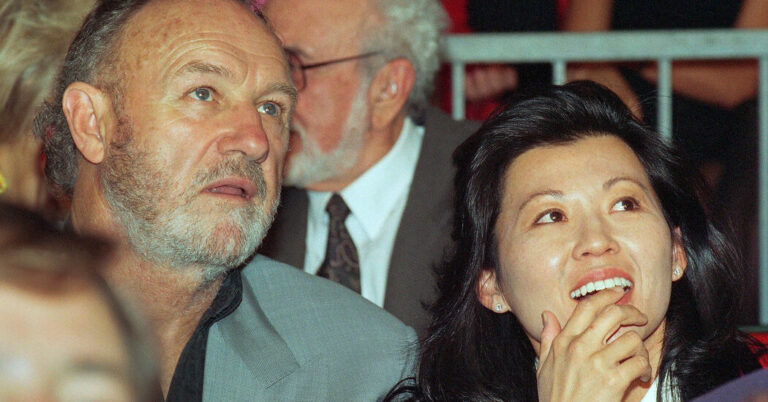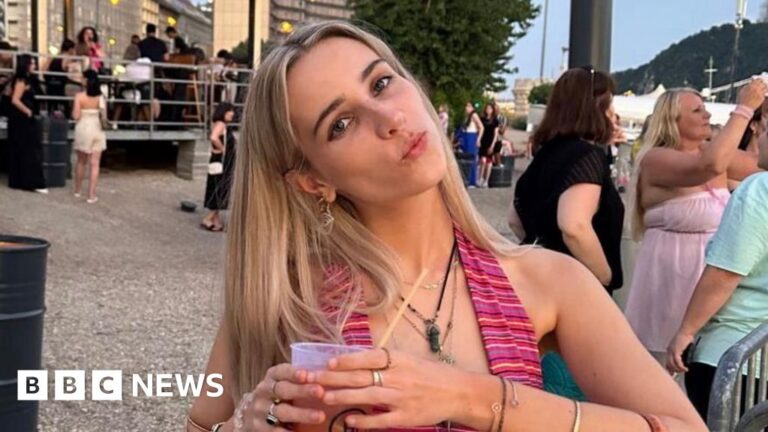Here is the plain text result:
When my eldest son Jude was a baby, he was slow to crawl and didn’t respond to his name. He used to stare out of the window, he was quite distant and almost in a different world.
His mum Charlotte, my ex-wife, first raised concerns when he was eight months old but I just thought he was a bit behind because he was premature.
We went back to the doctor quite a few times before we got an autism diagnosis in 2009 when he was 18 months old.
At the time, the information out there was very clinical, most things we were reading were from the NHS website and medical journals. I felt like I couldn’t take it in and I had so many unanswered questions.
Three years later we went through the same diagnosis with Tommy at a similar age.
I knew a lot more about autism than when we had Jude, but the boys have always been so different.
I didn’t enjoy the first year of Tommy’s life as much as I could have done because I spent so much time watching him and looking for signs.
He hit certain milestones much quicker than Jude but he wouldn’t make eye contact and would get easily frustrated and enjoyed playing alone.
Around the same time, when Jude was four, he started having huge meltdowns and was physically hurting himself.
Jude is non-speaking, so it’s very difficult for him to explain what’s wrong. That was the hardest period of my life.
We decided to split the boys up, Jude stayed with me, and Tommy with his mum, Charlotte.
James says his son Jude loves listening to music and going on long car drives together.
Nine years ago I began sharing stories from our lives online, on a weekly blog. Then I started Facebook, Instagram, and TikTok accounts.
It was initially a way to show friends and family what our life was really like. Jude and Tommy struggled with social occasions, so we stopped going.
I could never find the words to explain, and I wanted to show how proud I was of them, so I started writing instead.
I learned so much more about autism, connected with people all over the world and discovered a passion for helping other families.
I’ve been lucky that I’ve been able to make a living through social media. I had to give up my previous job to be there for the boys.
I started a clothing line last year, with positive messaging around autism, disabilities and neurodivergence.
I opened a shop in Burnham-on-Crouch where we stock the clothes and wrap and pack and send out the orders.
It’s somewhere for people in the community to visit, we have a sensory room in the shop and we get lots of parents coming in who want to have a chat.
Everyone working in the shop is a parent, carer or is autistic, so they can share their experiences with customers.
I always try to focus on the positives and not think too far ahead but there are days when my mind runs away with me.
It will be a huge challenge when the boys leave school when they are 19.
That’s massively scary because suddenly you have to trust a whole new bunch of people.
There is a part-time college I hope they can go to but it’s a huge unknown and there will be big decisions to make.
You feel like you have to live forever to look after them, and that is the biggest fear for many parents.
I don’t know what the future will look like, but I know I need to think about how to help them live as independently as they can, and prepare for the days when I’m not here.
It has taught me to cherish and enjoy the simple things and I just want the boys to be happy.
Looking back at how I felt when they were diagnosed, I would like to tell myself it’s all going to be OK.
Source link




